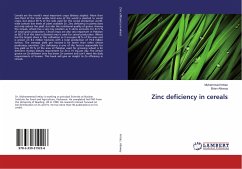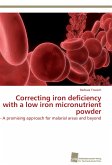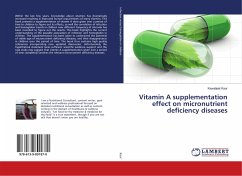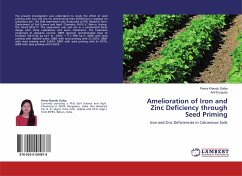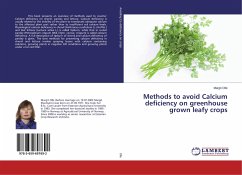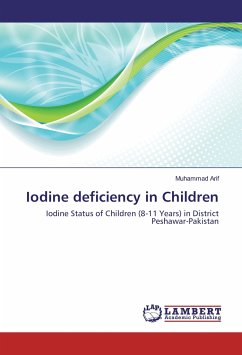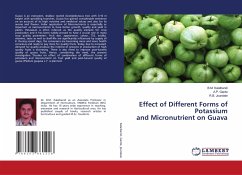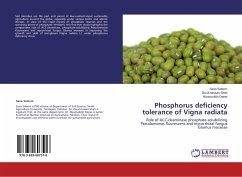Cereals are the world's most important crops (dietary staples). More than two-third of the total arable land area of the world is planted to cereal crops, but about 50 % of the soils used for the cereal production world-wide contain low levels of plant available Zn. Zinc deficiency in plants does not only reduce the yield, but also the nutritional quality of grains. Among the cereals, wheat has a very key position as it alone accounts for 41.5 % of total grain production. Cereal crops are also very important in Pakistan as 58.2 % of the total cultivated area is used for cereal production. Wheat has the largest share in this cultivation as it occupies 38 % of the area and is grown on 8.2 million hectares with a total production of 19.8 million tonnes. The average yield per hectare is far lower than other wheat producing countries. Zinc deficiency is one of the factors responsible for low yield as 70 % of the area of Pakistan used for growing wheat is Zn deficient. Human dietary requirement for Zn is 15 mg per day. The wheat grown on Zn-deficient area has lower Zn-content and can't meet the daily requirements of human. This book will give an insight to Zn efficiency in cereals.
Bitte wählen Sie Ihr Anliegen aus.
Rechnungen
Retourenschein anfordern
Bestellstatus
Storno

